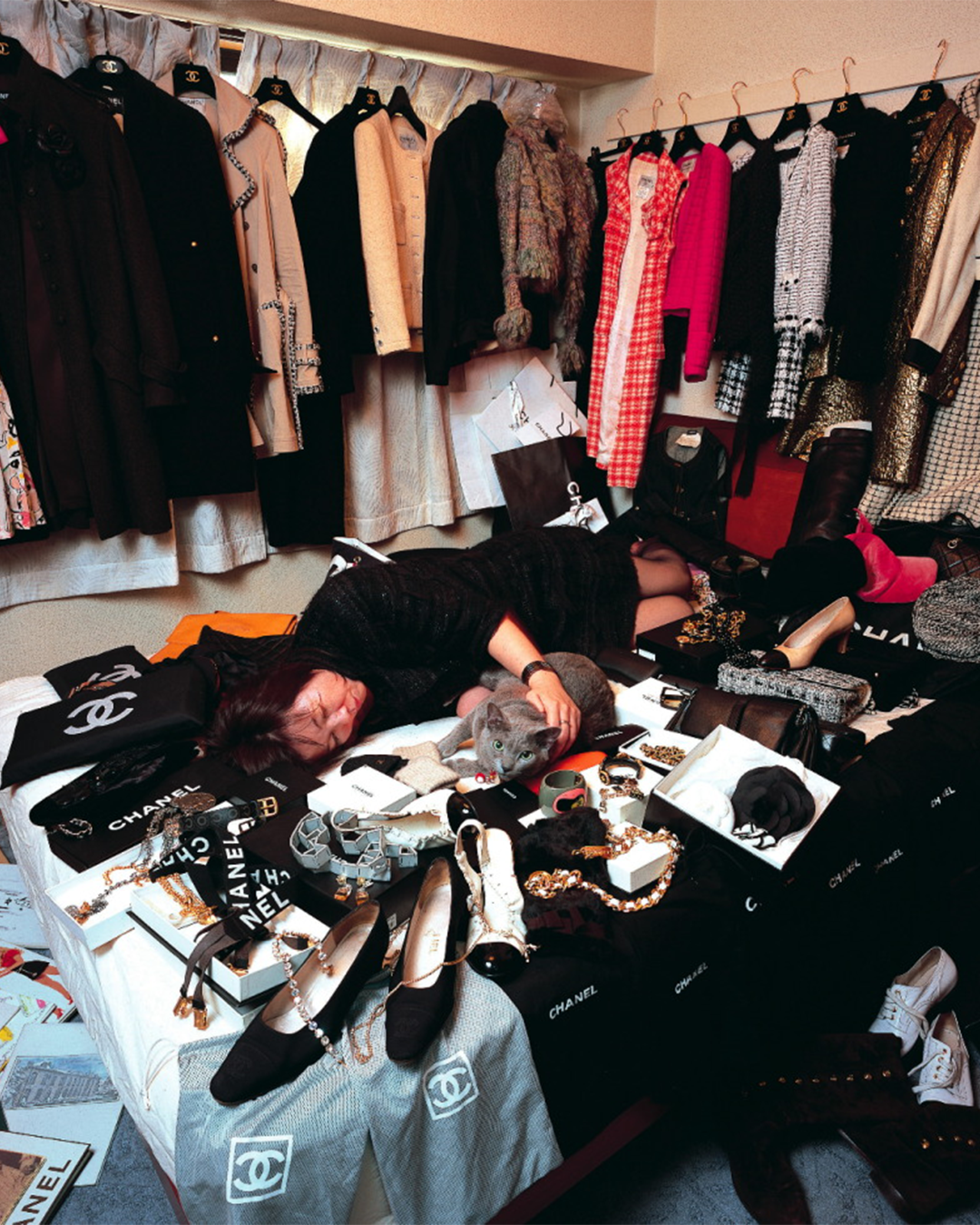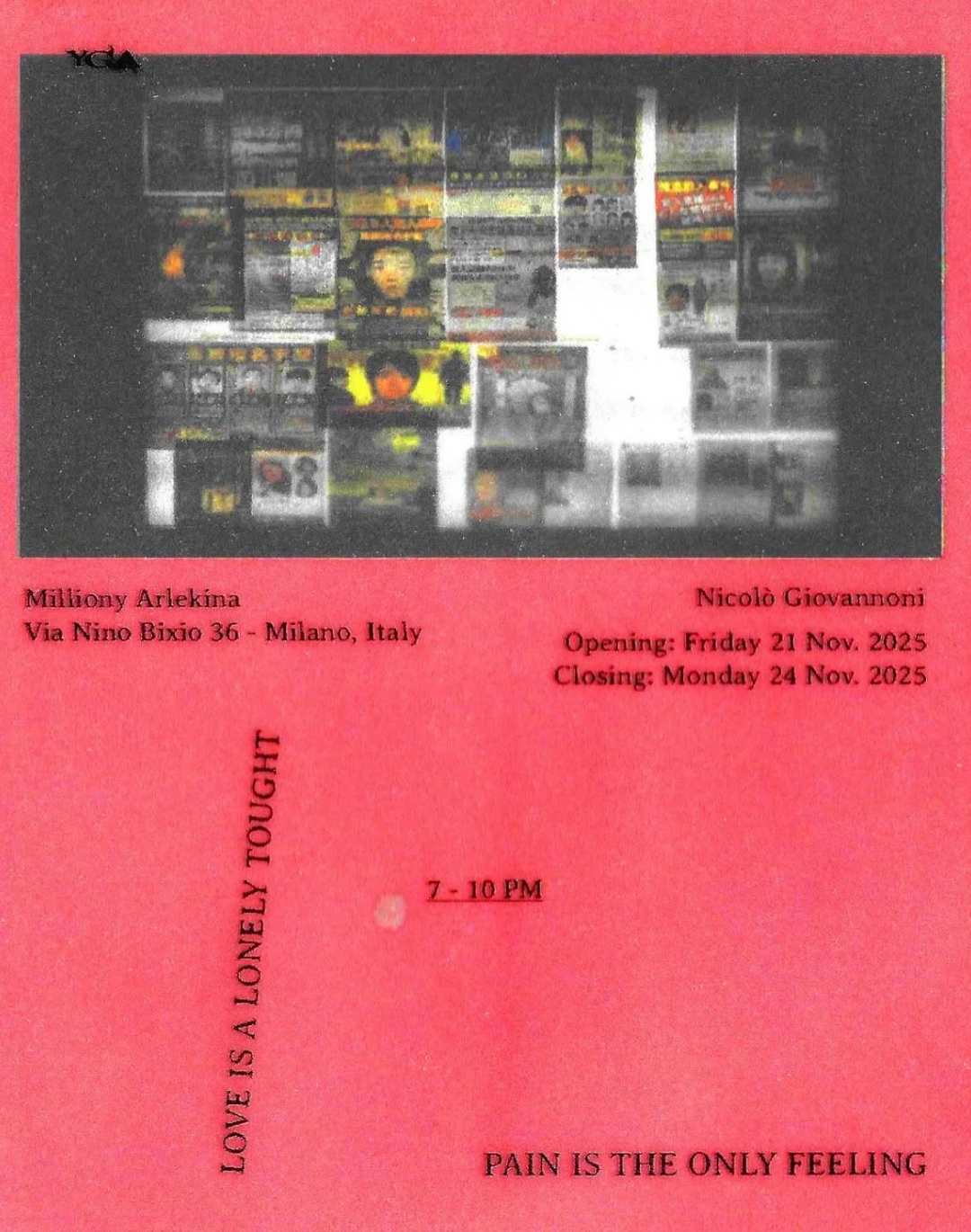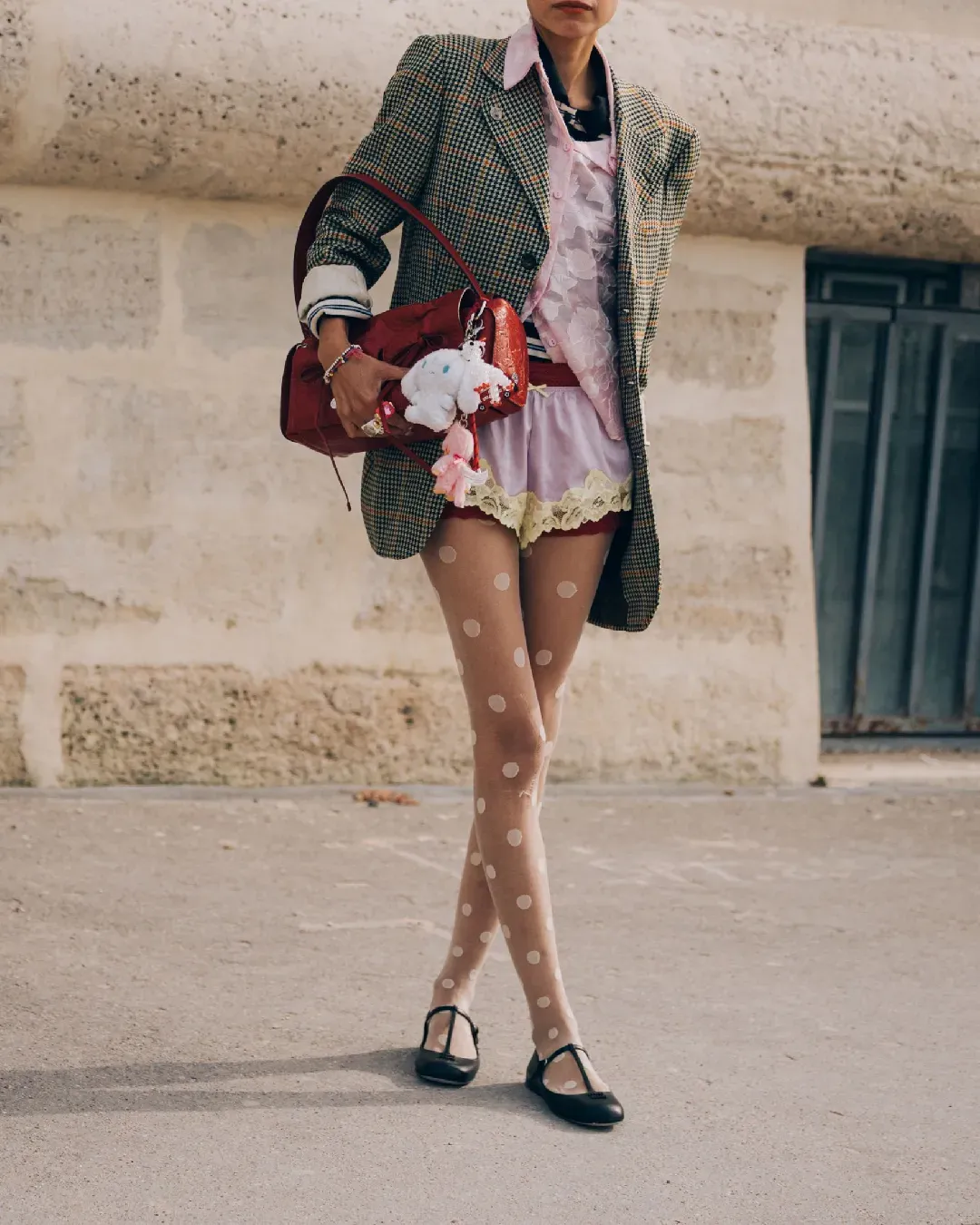
How the Olympic Games will shape the future of Tokyo? We asked it to Adrian Bianco, editor-in-chief of @sabukaru.online
Since the Olympic Games were born, those who have had the privilege to attend them often tell that the difference - compared to other competitions - lies in the atmosphere. The sparkling air you breathe in the streets city, around the village, in the bars. There are those who call it the Olympic spirit, that feeling of pride, responsibility and excitement that came from hosting in their city or nation an event that unites almost all the nations of the world, called to excel in sport. It may seem like a rhetorical vision of the Olympics, but they have remained one of the very few events that maintain an ancient solemnity, which in its course often has the impression of witnessing a historical moment - many times positive, but also tragic.
In this perspective, the Tokyo Olympics already have its place in history: it is the first held during a pandemic, the first without fans, the first with a wrong name compared to the actual year of development. Already in recent editions the practical problem of organizing a contemporary Olympics has been raised, but no one had ever hypothesized the difficulty of doing so during a global pandemic, with a vaccination campaign to carry out and an economy to restart. It seems a joke of fate that this almost-impossible mission was assigned to Japan, a proud country whose ethos is still often hostage to stereotypes for an established cultural confidentiality. To understand how the Olympic atmosphere in Tokyo is being experienced, we decided for a moment to divert the spotlight from the athletes to ask those who live and have experienced the city how the spirit of this strange Olympics is perceived. «It's hard to say» says Adrian Bianco, founder and editor-in-chief Sabukaru.online that has been living for years in the Japanese capital. «This is my subjective view on things: Momiji Nishiya and Yuto Horigome, two young promising athletes, have just won the very first gold medals in skateboarding - and honestly, it feels very good. For me it feels like Tokyo and especially the youth here deserves some good news around this very problematic event. To see a sport that still struggles for recognition here - especially by law enforcement - winning gold is amazing».
Subcultures have been one of the most important factors in the cultural transformation of Tokyo, from the seventies to that of the street style of Harajuku, Japanese creativity has a street component that is opposed to the rigid tradition. That skater is the most rapidly-expanding subculture although it is still considered - in an interesting paradox - illegal to practice it outside skateparks. As Bianco points out this is a plastic representation of the challenges that this Olympics will leave to Japan: «For as long as we all stay healthy and safe, the Olympics will be over and become part of the past and old politics that young people hopefully will do differently one day. One thing is for sure though, we will see more young people picking up skateboarding, and no one will be ever impressed by someone working for the IOC».
Subcultures have been one of the creative engines of Tokyo, as Hiroshi Fujiwara explained, since the 70s the streets of the Japanese capital have produced different cultural phenomena - from punk to street style - reworking the trends of Western culture. The last subculture is precisely the skateboard, understood as a symbol and cultural phenomenon, it is frowned upon by many and considered a noisy, disordered activity and above all that maintains that rebellious caliber contrary to traditional Japanese culture. A normal Olympics would have accelerated some cultural processes in a society that has different rules and mechanisms from western ones. In this week, in which the infections have reached 10 thousand a day and the government is preparing for new restrictions, the feeling of Bianco and I believe that of many other inhabitants of Tokyo is that it ends as soon as possible: «Tokyo stayed pretty quiet and almost too chill during the first half of Corona. The Olympics weren't much in focus back then but already not a trendy topic. The last months of the pandemic and the slow rollout of vaccines have accelerated the opinions more and more against holding the Olympics - especially now. There are win-win situations, and this one more felt like a lose-lose situation for the people and Tokyo».










































































